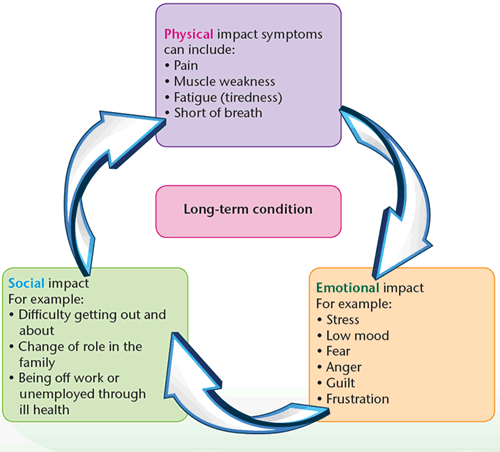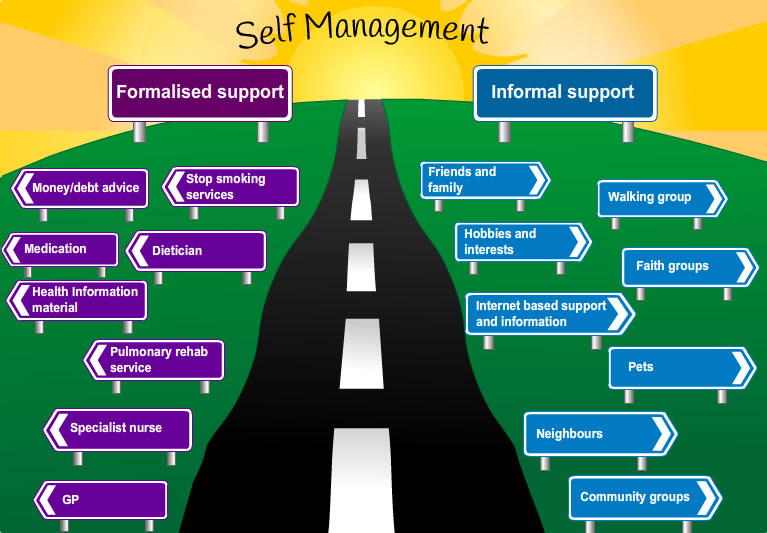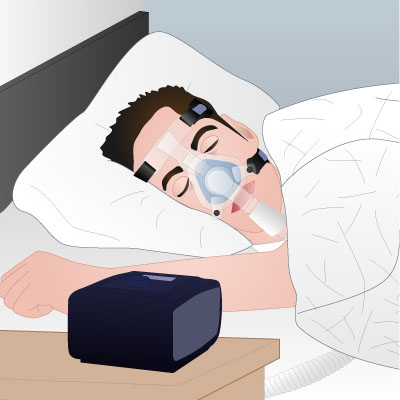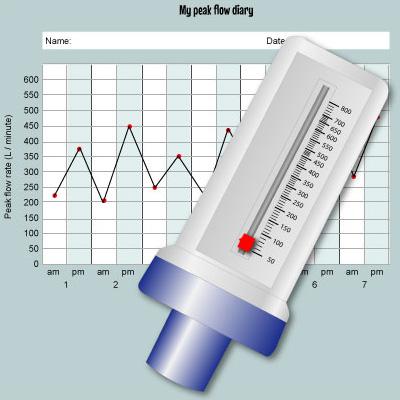You also need to be open to accepting help and support when it is offered. Explain that you will let family and friends know when you will take up their offer to help even though you don’t need it yet.
If you keep on refusing help when it is offered family and friends may stop asking.
Self management is about keeping as well as you can be and knowing when to access help. Getting a balance between being independent and being confident in knowing when to get help rather than struggling on. Some people may put off asking for help if they think of it as a short term solution, better to continue without help till things settle. However it is often better to get help when you need it and reduce that help as things improve.
Accept others may not do things exactly the same as you would do.
Sometimes you need to be flexible and think of alternative ways to do things you have done yourself. For example you may not be able to carry heavy shopping – what are your alternatives?
- Ask a neighbour to get some of the heavier things for you when they get their shopping.
- Order on line from the supermarket and have it delivered.
- Ask your family for a lift when they do their shopping.
- Ask a friend if they mind going with you when you go shopping.
- Take a taxi door to door.
- If some one offers to do your shopping accept and make a list for them of the things you need.
This process of thinking about alternatives and options can apply in lots of situations.












